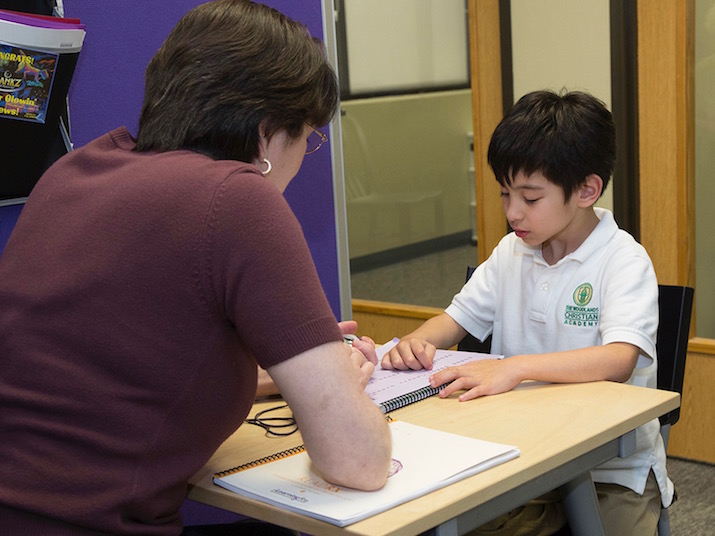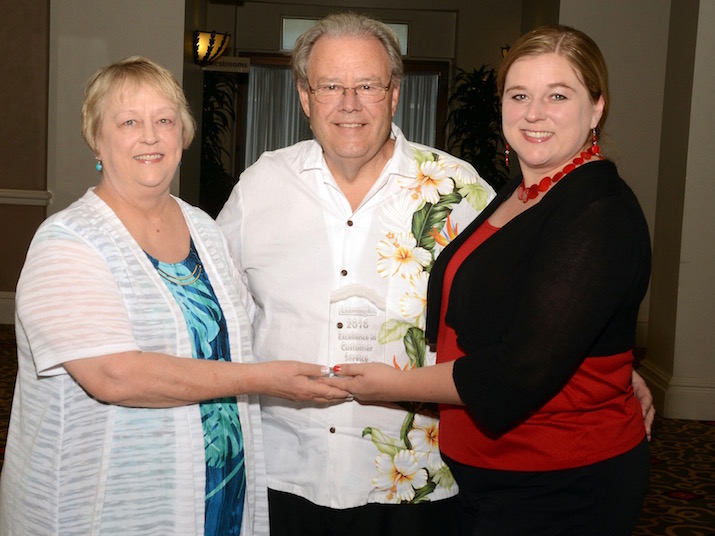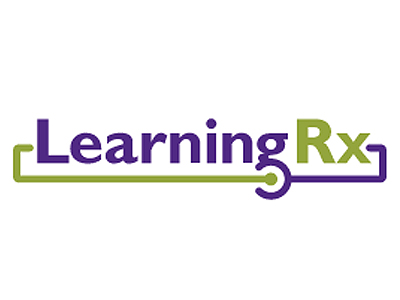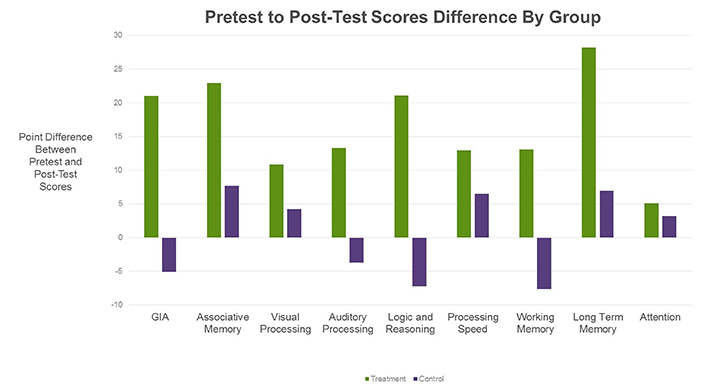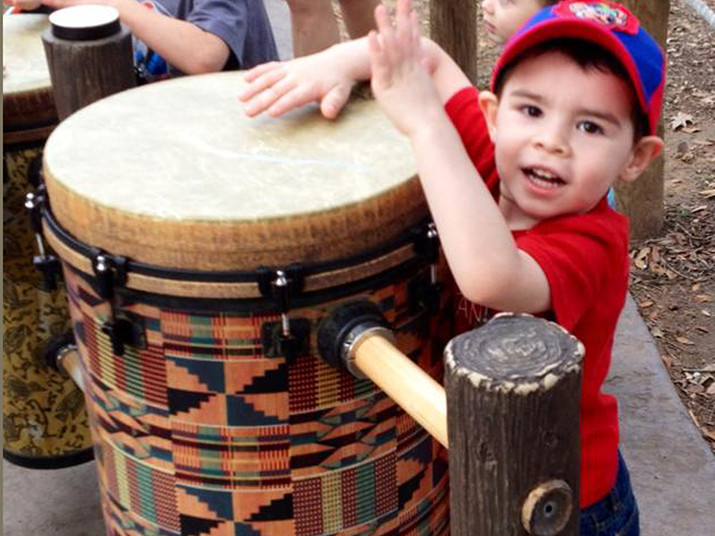- Sections :
- Crime & Public Safety
- Restaurants & Food
- Sports
- More
Categories
September is ADHD Awareness Month

THE WOODLANDS, Texas -- September is National ADHD Awareness Month and The Woodlands LearningRx is joining in the effort to help raise awareness about the learning disability.
The Woodlands LearningRx offers advice for diagnosis.
Attention Deficit Hyperactivity Disorder (ADD/ADHD) is a neurodevelopmental problem that affects millions of Americans regardless of age, gender, ethnicity, or socioeconomic status. Characterized by problems with attention, impulsivity, and hyperactivity, the condition often causes problems at work, in school, and throughout the daily lives of those affected.
Kim Bellini, owner and director of LearningRx The Woodlands, explained that it was once commonly thought that mainly boys were affected by ADHD and that they would grow out of the condition.
“Today we know that is not the case,” Bellini said. “Both boys and girls, as well as adolescents and adults, all live with the effects of ADHD.”
Regardless of gender, many of the symptoms associated with weak attention skills include:
-- Taking much longer than peers to complete daily homework
-- Low self-esteem, anxiety or depression
-- Poor grades
-- Significant time-management challenges
-- Chronic disorganization
-- Avoiding school
“We can all identify parts of ADHD in ourselves,” Bellini said. “The questions is: Do these symptoms affect your personal life? Do they impair your ability to succeed at school or work?”
Failure to address the condition often results in difficulties in school, at work, in relationships. Bellini continued. “We now know that persons affected with ADHD have learning problems at school and higher rates of emergency room visits,” she said. “Later in life, they have more automobile accidents, are at greater risk for substance abuse, and experience higher rates of job turnover.”
Bellini said it is important to address ADHD as early as possible. “Once it is diagnosed, you can learn to manage it,” she said. “The good news is you can work on it and, except for extreme cases, medication is often not needed.”
Bellini said that more physicians, families, educators and medical associations are recognizing and defining the common characteristics of the syndrome.
She added that cognitive therapy is also effective in helping both children and adults with ADHD. Intervention through appropriate cognitive skills testing and training can dramatically improve basic processing speed and memory skills in ways once thought impossible, she said.
“This opens up promise for struggling students to change the course of their lives,” Bellini said. “Children who receive an ADHD diagnosis have no doubt been struggling academically and socially for a long time.”
ADHD is caused by weak attention skills, which can be treated with cognitive skills training, she said.
Comments •


